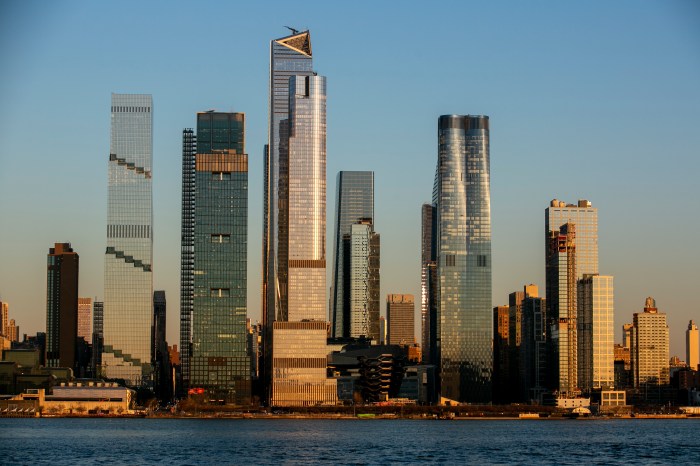By The Times/Ledger
Queens residents opposed to hosting minor league baseball at St. John's University have struck out. They have failed to get an injunction barring the Queens Kings, a Mets minor league team, from playing this summer on the St. John's campus. Good.
There are two possible things that can happen now. One, no one will come to the games and all of the fuss will turn out to have been about very little. Or two, Mets fans will pack the tiny stadium for every game, in which case, the public will show that it welcomes the opportunity to view professional sports in a more intimate setting.
According to state Sen. Frank Padavan, in refusing to issue an injunction against the stadium, Judge Charles Thomas ignored “the devastating impact the stadium will have on the community.” Devastating? Hurricane Andrew was devastating. A small stadium in Jamaica with seating for only 3,500 fans attending a handful of games on weekends and summer evenings falls far short of devastating.
By next year at this time, if all goes according to plan, the Queens Kings will have relocated to their permanent home in Coney Island. St. John's will be left with a small stadium, which we assume will be put to good use. If it turns out that we are wrong, if indeed there is devastation and unspeakable hardship on Union Turnpike, we will be the first to apologize.
The church problem
In the coming months, city planners will be asked to grapple with a dilemma that strikes at the heart of what Queens is and what it is destined to become. The planners will be asked to strike a balance between the concerns of homeowners who are seeking to preserve the character of their neighborhoods and churches and other nonprofit organizations, which want to serve a growing and divergent population. Those who pretend that the answers to this dilemma are easy are not facing reality.
Under existing as-of-right zoning regulations, religious organizations can build a house of worship wherever they choose. There is nothing to stop a congregation from buying a home or homes in the middle of a residential area, tearing down homes and building a church or temple in their place. Indeed, this has happened often throughout northeast Queens, especially in Flushing. Some say the new churches, which predominantly serve new immigrant populations, have destroyed their neighborhoods. They are frustrated and angry.
But there is good reason for the as-of-right zoning laws, which were clearly designed to limit government involvement in the establishment of organized religion. A permit process or community review would inevitably favor larger, mainstream religions. Groups with limited political power, say, for example, the Sikhs, would be at a distinct disadvantage.
As some readers have noted, there are cities outside of New York that regulate where new houses of worship can be built. It seems unlikely that the courts would find such regulation unconstitutional, providing that an effort is made to create an even playing field.
Eliminating the as-of-right provisions in existing zoning law would be a mistake. It would be difficult, if not impossible, to insulate a review process, ensuring that all religions are treated fairly.
The city should look for a compromise solution that protects competing interests. We see no harm in asking religions to take part in a mediation process in which both sides could air their concerns in a constructive atmosphere. A skillful mediator could minimize the impact on neighborhoods while respecting the rights of new congregations.






























